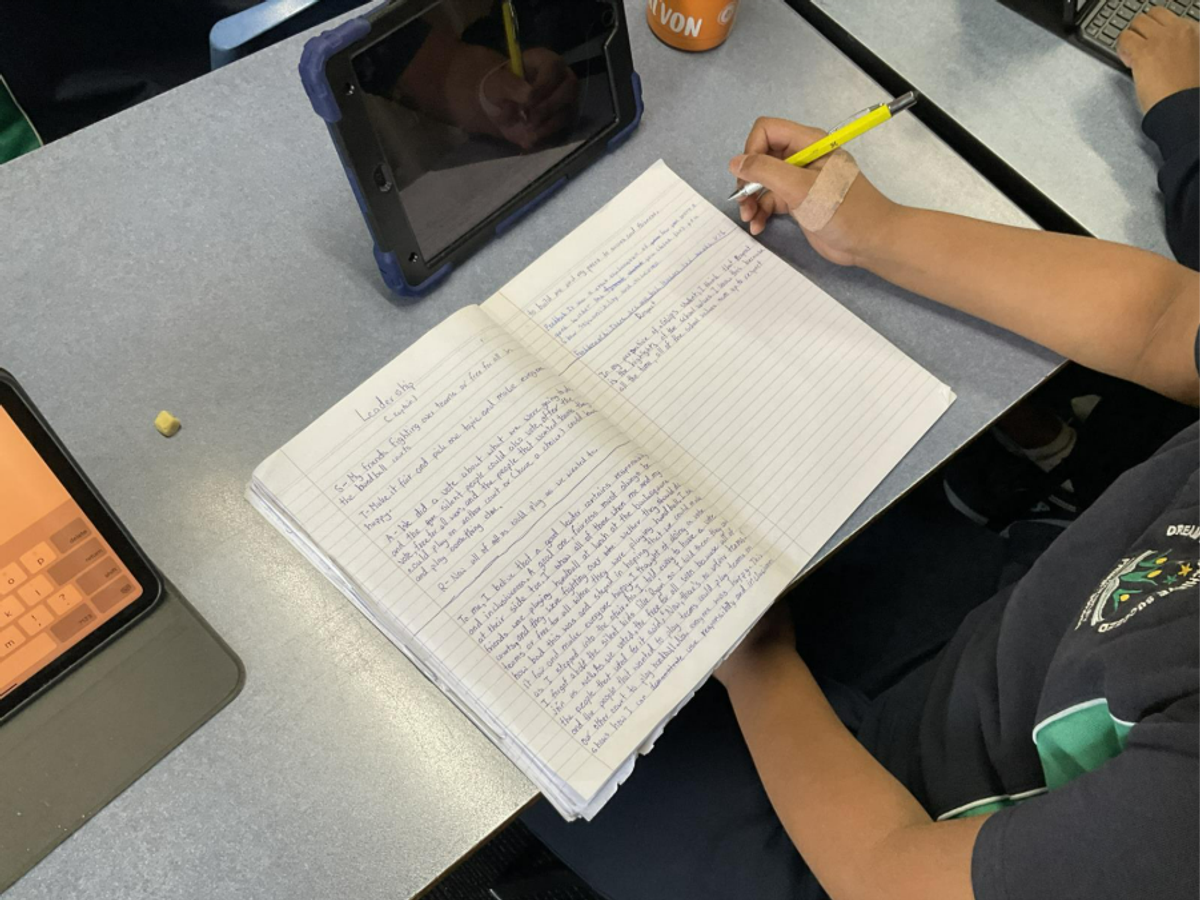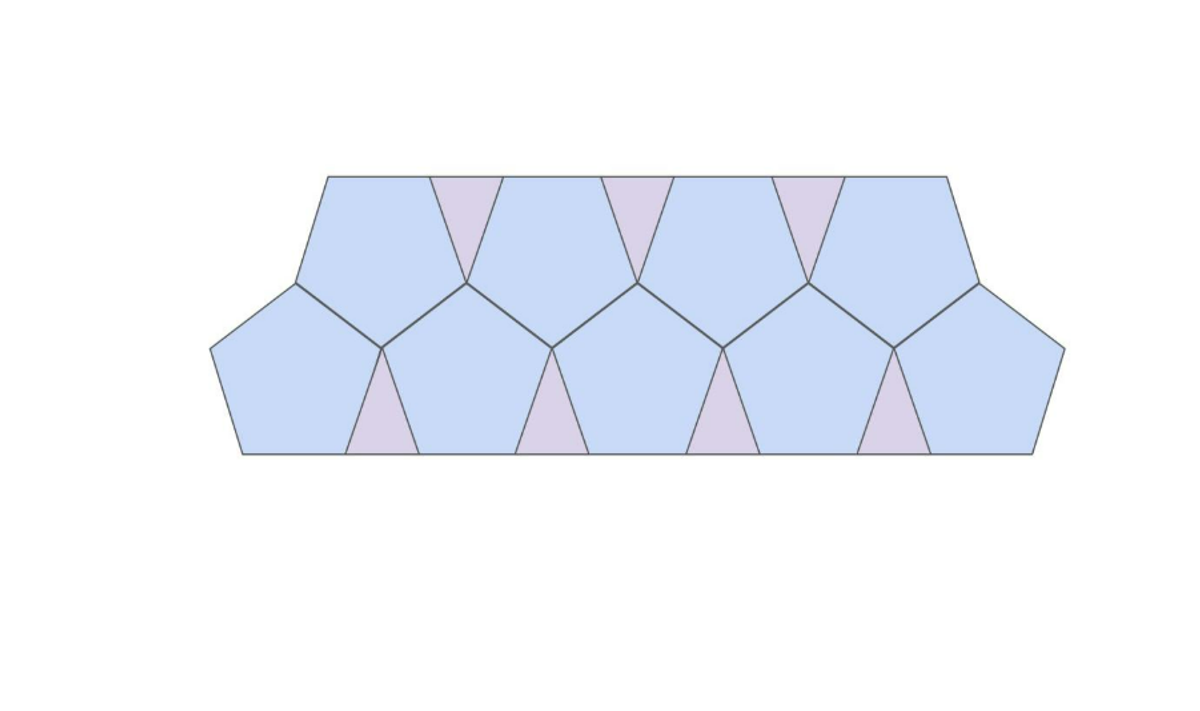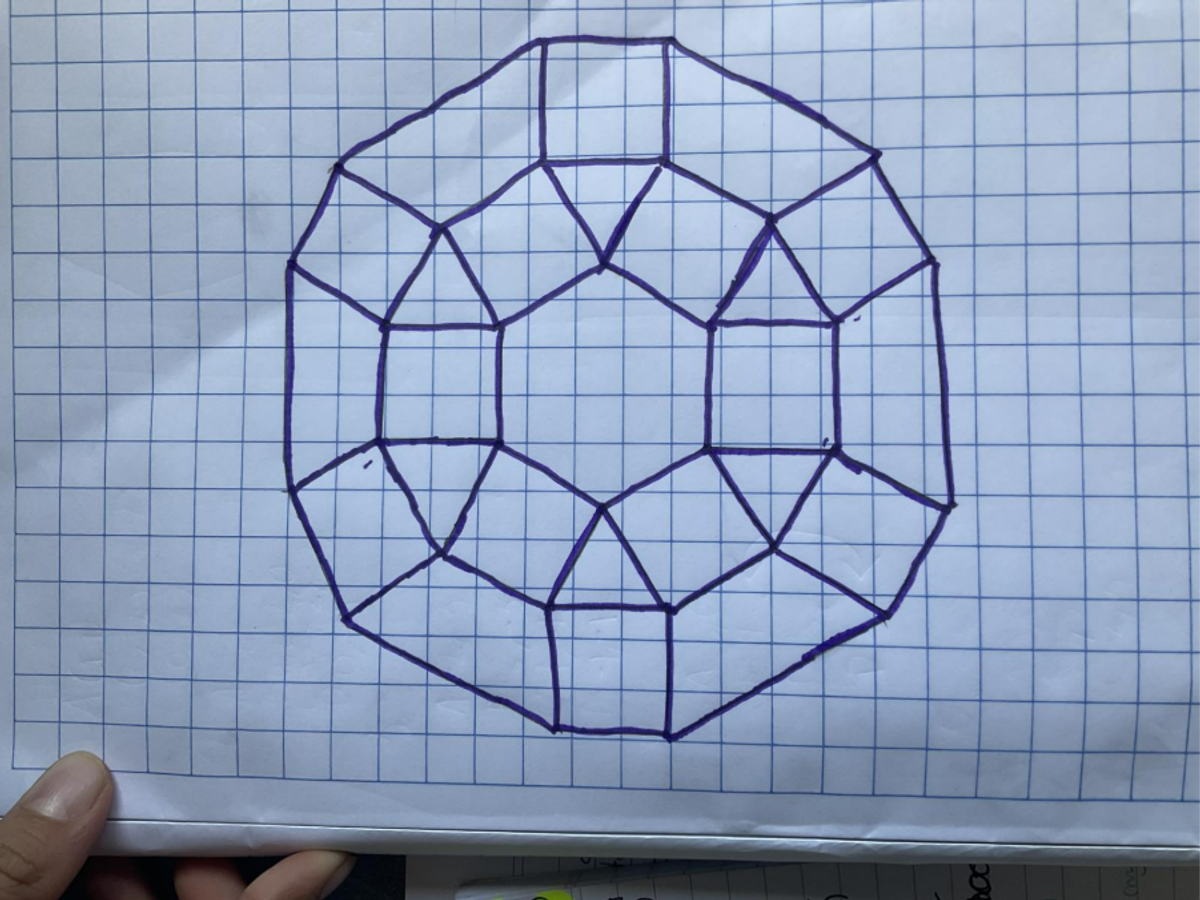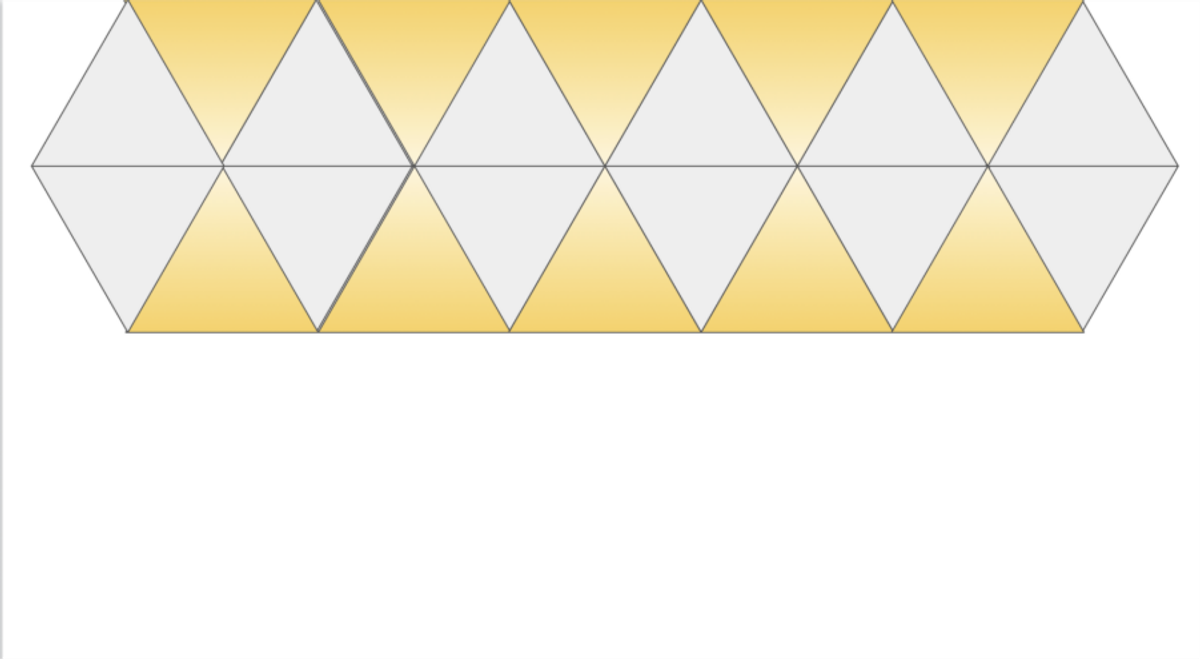Term Four

English
Reading
In Term Four, students will continue participating in Literature Circle Groups, working in small teams to read and discuss a shared text. Each student will take on a specific role to guide discussion, focusing on strategies such as identifying figurative language, making inferences, predicting outcomes, and exploring unfamiliar vocabulary. Through these collaborative discussions, students will reflect on the author’s purpose, make meaningful connections to their own experiences, and analyse how literacy techniques are used to convey meaning. This approach will deepen understanding, sharpen analytical skills, and enhance overall reading comprehension. Students will also investigate the key elements of memoirs and the ways people tell their life stories, reading a variety of memoirs to support their ability to craft and share their own narratives in writing.
Key Vocabulary:
- Inference
- Prediction
- Figurative language
- Vocabulary
- Explicit
- Literary Techniques
- Memoir
- Biography
Writing
Students will reflect on their personal strengths and experiences as they craft formal pieces of writing for leadership roles. They will examine examples of influential applications and use this understanding to structure their own, developing skills in formal language, clear organisation, and word choice that highlights leadership qualities. This focus on formal writing will be essential as they prepare to take on leadership responsibilities next year. Additionally, students will research and create memoirs, learning that a memoir is a non-fiction narrative detailing the key moments in a person’s life. They will have the opportunity to reflect on their own experiences and celebrate the highlights of their school journey.
Key Vocabulary:
- Application
- Criteria
- Leadership
- Global empathy
- Rubric
- Formal language
- Memoir
- Biography
- Engagement
Audience
How can you support your child’s English learning at home?
- Share a job or university application with your child and discuss how formal language is used to communicate effectively.
- Encourage them to identify personal traits that demonstrate leadership, and how these can be highlighted in writing.
- Read and analyse famous speeches together to explore how leaders use language to inspire others.
- Share personal life highlights and discuss how these experiences could be turned into narrative stories.
Mathematics
Throughout the term, students will engage with a range of mathematical concepts that build both their confidence and problem-solving skills. They will consolidate prior learning, apply strategies to new contexts, and make connections between mathematical ideas and real-world applications.
In the Data Investigation unit, students build upon prior knowledge of graph interpretation and data validation, fostering proficiency in communicating statistical findings effectively. They explore the data investigations by analysing, interpreting, and validating data. They also recognise bias in data representations, select appropriate data collection methods, and justify data display choices.
In the Fractions, Decimals and Percentages unit, students are learning about percentage discounts. They further develop their skills by calculating using conversions between fractions, decimals, and percentages. Finally, students use estimation when dealing with fractions, decimals, and percentages
In the Operations unit, students work with mathematical operations and problem-solving strategies. The focus of these lessons is on identifying, selecting and applying strategies to problem-solving, so that students are able to apply their knowledge flexibly to the increasing complexity of secondary mathematics.
Key Vocabulary:
| Data Investigation | Fractions, Decimals and Percentages | Operations |
Statistical investigation Nominal Ordinal Primary Secondary Discrete Continuous Variable Survey Sample Graph Column graph Line graph Conclusion | Percentage Discount Cost Multiple Numerator Denominator Estimate Decimal Place value Tenth Hundredth Thousandth Convert
| Equation Order of operations CUBES Fractions Decimals Percentages Discount Spreadsheet Calculation Factor Reasoning Solution |
How can you support your child’s Mathematics learning at home?
You can support your child’s Mathematics learning at home by encouraging them to talk through their thinking when solving problems, as this helps to strengthen their reasoning skills. Provide opportunities for them to practise interpreting and creating graphs using real-life examples, such as comparing data from the news or sports results. When shopping, involve your child in calculating percentage discounts and estimating totals, which builds confidence in working with fractions, decimals and percentages in practical contexts. You can also support their problem-solving by presenting everyday challenges, such as planning a budget or working out the best value for money and discussing different strategies they might use. Above all, showing a positive attitude towards Mathematics and linking it to daily life helps your child to see its value and apply their learning beyond the classroom.
Inquiry
Question:
How can design and technology ensure our survival and sustainability?
Global Goal:
#11 Sustainable cities and communities
(Summary of Learning):
In Term Four, students will explore Earth and Space science by viewing Earth as a dynamic system that can sustain life. They will explore the human impact on earth and how technology can aid sustainability. Students will collaboratively design technologies to assist the survival of humans and the Earth. They will utilise their knowledge of Earth and Space Science and technology to make ethical considerations in designs.
Key Vocabulary:
Sustainability, Design, Technology, Space, Earth, Survival, Terraforming, Ethics, Moral, Gravity, Atmosphere, Ozone Layer, Collaboration, Scientific language, Planets, Solar System,
Wellbeing
The Resilience Project
This semester, students will continue to develop their Gratitude, Empathy, Mindfulness (GEM) and Emotional Literacy through The Resilience Project. Students will engage in a variety of opportunities to explore and practise each aspect, which will equip them with strategies to enhance their resilience and wellbeing. For example, students will practise being grateful for small things around them and learn about sportsmanship to further develop their Empathy. Through interactive lessons, discussions, and reflective exercises, students will continue to deepen their understanding of self and others.
The Cyber Safety Project
Students will continue to learn about the best ways to be safe online through The Cyber Safety Project. This term, students focus on how to stay safe and healthy online as well as finding a balanced digital wellbeing. They will reflect on the social pressures they could experience online and develop strategies to diffusing digital drama.
Key Vocabulary:
- Wellbeing
- Resilience
- Gratitude
- Empathy
- Mindfulness
- Emotional literacy
- Cyber safety
- Responsibility
- Integrity
- Mental health
- Generative AI
Social media
How can you support your child’s Wellbeing learning at home?
- Engage in conversations around emotions and the choices we make in uncomfortable situations.
- Take the opportunity to reflect during times of change about how the situations felt in the moment.
- Demonstrate appreciation for the things that make life joyful and encourage your children to do the same.
- Engage in conversations about online habits and how to find a healthy balance between online and offline activities.





